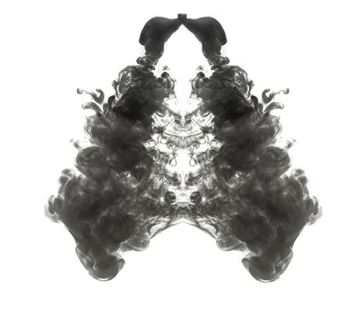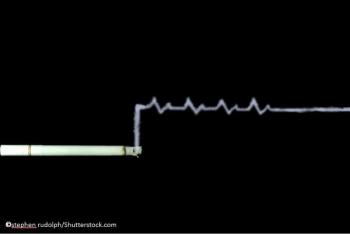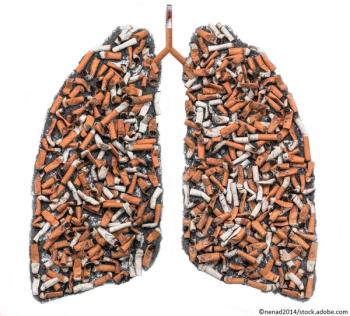
A multidisciplinary lung cancer screening program significantly boosts screening rates, ensuring timely follow-ups and early diagnoses for eligible patients.


Lung Cancer Screening Guidelines in the US Miss Roughly Two-Thirds of Cases, New Study Finds

A multidisciplinary lung cancer screening program significantly boosts screening rates, ensuring timely follow-ups and early diagnoses for eligible patients.

From dense breast notification laws to changing lung and cervical screening criteria, experts share practical strategies to help navigate today’s evolving cancer prevention landscape.

New data will be shared from the PATHFINDER 2 study in asymptomatic patients and the SYMPLIFY study in patients experiencing symptoms.

Breakthrough device designation for the multicancer detection test is supported by clinical validation data demonstrating an overall specificity of 98.6% and sensitivity of 60%.

Your daily dose of the clinical news you may have missed.

Myths and fears about cancer screening may be keeping some of your patients from important tests. Always ask about misconceptions, and then offer the facts.

ACP 2025: Lung cancer is rising among nonsmokers, especially women. Kim Sandler, MD, discusses future screening challenges, research insights, and the need to expand screening eligibility.

ACP 2025: Kim Sandler, MD, outlines key strategies to boost lung cancer screening uptake in primary care.

ACP 2025: Kim Sandler, MD, explains how primary care physicians can use shared decision-making to guide patients through lung cancer screening, emphasizing risk, benefit, follow-up, and smoking cessation.

ACP 2025: Kim Sandler, MD, sat down with Patient Care to discuss the benefits of lung cancer screening, citing a 20% reduction in lung cancer mortality with annual screenings.

ACP 2025: Kim Sandler, MD, discussed the latest screening guidelines, real-world challenges in implementation, and the essential role of shared decision-making.

The number of lung cancer deaths averted represents more than 51% of the expected reduction in total cancer deaths, researchers reported.

The outsized burden continues among Black men, a group with prostate cancer incidence rates 67% higher than those of White men and mortality rates more than twice as high.

A family medicine specialist who works with cancer survivorship highlights findings of a study that illustrate how effective screening is and how treatment has changed.

World Cancer Day 2025 urges focus on the unique personal journey underlying every cancer diagnosis; individual recommendations for regular screening is where that can start.

Your daily dose of the clinical news you may have missed.

Among current smokers, 71% had never spoken a clinician about screening and among those who had quit, 75% had never had a conversation.

Your daily dose of the clinical news you may have missed.

Simple criteria for lung cancer screening identified more people who would highly benefit, including more from racial/ethnic minority groups.

Researchers observed substantial disparities in burden by cancer type, age group, countries/territories, and a country's level of Human Development Index.

Over 4 million cancer deaths have been reverted since 1991, but new cancer cases are estimated to reach over 2 million, according to new data from an annual American Cancer Society report.

After early natural (vs surgical) menopause, women who continued to smoke had 4.5-fold greater risk of lung cancer and related mortality, report study authors.

CHEST 2021: Among >7000 veterans diagnosed with lung cancer and scheduled for surgery, seeing a primary care doctor was linked to pre-operative quitting.

New research presented at the virtual European Respiratory Society International Congress showed "social smokers" are more than twice as likely to die of lung disease vs non-smokers.

The proposed recommendations will allow more women and black patients to be eligible for lung cancer screening.